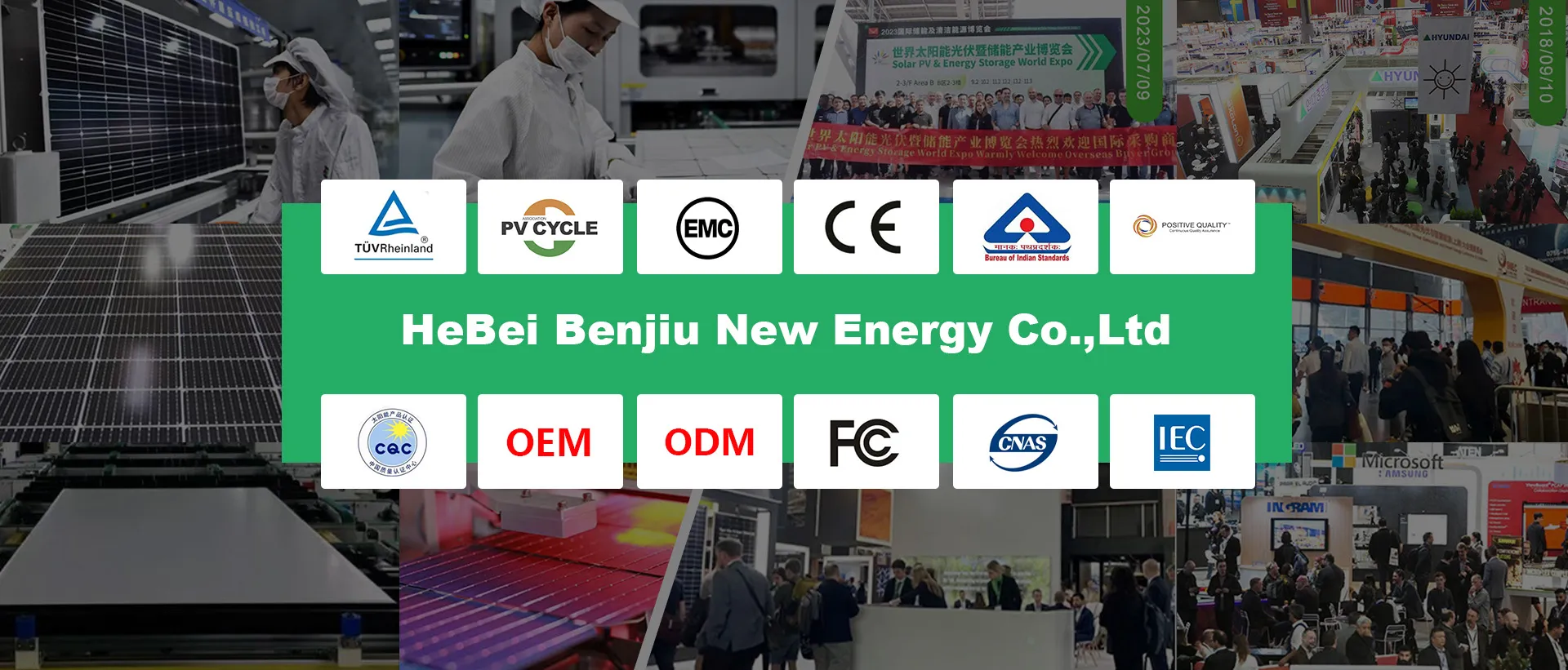Exploring the Benefits of a 48V Solar Energy System for Sustainable Power Solutions
Understanding the 48V Solar System A Comprehensive Guide
Solar energy has emerged as one of the most viable solutions to meet our growing electricity demands sustainably. Among the various configurations available, the 48V solar system has gained significant popularity for both residential and commercial applications. This article explores the components, advantages, and considerations associated with a 48V solar system.
What is a 48V Solar System?
At its core, a 48V solar system refers to a solar power setup that utilizes batteries operating at a voltage of 48 volts. These systems typically consist of solar panels, an inverter, a charge controller, and a battery bank. The solar panels capture sunlight and convert it into electricity, which is then stored in the battery bank for use when sunlight is not available. The inverter plays a crucial role in converting the stored DC power from the batteries into AC power that can be used by household appliances.
Key Components of a 48V Solar System
1. Solar Panels These are the heart of the solar system, designed to harness sunlight and convert it into electricity. The efficiency and capacity of solar panels determine how much energy can be generated.
2. Charge Controller This device regulates the voltage and current coming from the solar panels to the batteries. It ensures that the batteries are charged correctly and protects them from overcharging or deep discharging.
3. Battery Bank A crucial part of any solar system, the battery bank stores energy produced by the solar panels. In a 48V setup, batteries are typically connected in series to achieve the desired voltage level. Common types of batteries used include lead-acid and lithium-ion.
4. Inverter The inverter changes the stored DC power from the batteries into AC power, which is suitable for household applications. Inverters can be pure sine wave or modified sine wave, with pure sine wave inverters being more efficient and better suited for sensitive electronics.
Advantages of a 48V Solar System
1. Increased Efficiency A 48V system is often more efficient than lower voltage setups. Higher voltage systems can reduce current levels, which minimizes energy loss due to resistance in the wires. This means less heat generated and more energy utilized.
48v solar system

2. Scalability 48V systems can be easily scaled to accommodate larger energy needs. Additional solar panels or batteries can be added without significant redesign, making it ideal for growing energy demands.
3. Battery Performance The 48V configuration allows for better compatibility with various battery technologies, potentially improving battery life and performance. This voltage level strikes a balance between efficiency and cost.
4. Improved Safety While higher voltage systems (like 120V or 240V) are common, operating at 48V reduces the risk of electric shock and makes installation safer. Additionally, standard low-voltage components can be used, further enhancing safety.
Considerations When Installing a 48V Solar System
1. System Size Before installation, it's essential to assess energy needs accurately. The size of the solar panel array and the capacity of the battery bank should be designed based on average daily energy consumption.
2. Installation and Maintenance Professional installation is recommended to ensure that all components are properly connected and functioning. Regular maintenance, such as cleaning the solar panels and checking battery health, is crucial for optimal performance.
3. Budget While initial costs can be high, the long-term savings on energy bills often outweigh the initial investment. It's essential to evaluate different components based on performance and longevity rather than solely on price.
4. Regulations and Incentives Different regions have varying regulations regarding solar installation, and many offer incentives such as tax credits or rebates. Researching local policies can help maximize savings.
Conclusion
A 48V solar system provides an efficient, scalable, and safe solution for harnessing solar energy. With the growing emphasis on renewable energy solutions, transitioning to a solar system not only contributes to environmental sustainability but can also lead to significant savings on energy costs. As technology advances and becomes more accessible, investing in a 48V solar setup can be a wise choice for homeowners and businesses alike, paving the way for a greener future.
-
Unlocking Energy Freedom with the Off Grid Solar InverterNewsJun.06,2025
-
Unlock More Solar Power with a High-Efficiency Bifacial Solar PanelNewsJun.06,2025
-
Power Your Future with High-Efficiency Monocrystalline Solar PanelsNewsJun.06,2025
-
Next-Gen Solar Power Starts with Micro Solar InvertersNewsJun.06,2025
-
Harnessing Peak Efficiency with the On Grid Solar InverterNewsJun.06,2025
-
Discover Unmatched Efficiency with the Latest String Solar InverterNewsJun.06,2025







